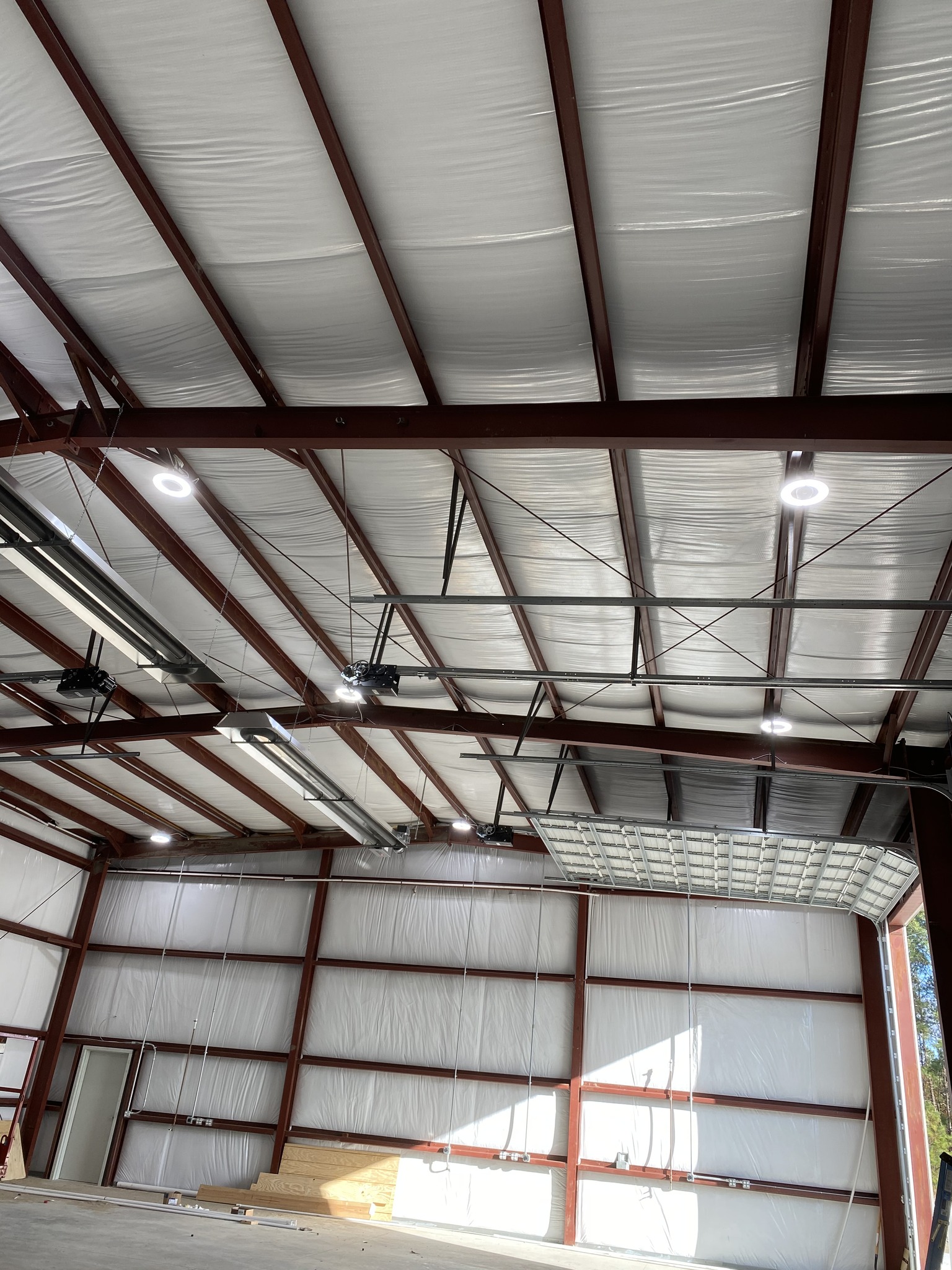
Understanding Electrical Safety: Tips and Tricks for Homeowners Oct 20, 2025
Firstly, familiarize yourself with your home's electrical system. Knowing where your circuit breaker or fuse box is located and understanding how it functions is an important step in managing emergencies. Make it a habit to regularly inspect your circuit breaker for any signs of wear or damage. If you notice consistent tripping or if certain appliances frequently malfunction, this could be a sign of an overloaded circuit that needs professional assessment.
Next, be vigilant about wiring. Outdated or damaged wiring is one of the leading causes of electrical fires. Ensure that your home's wiring is up-to-date and joins contemporary safety standards. If your home is over 30 years old and hasn't been rewired, consider having an inspection from a certified electrician. It's not just about safety, but also about efficiency and reliability in delivering power where it's needed.
Outdoor electrics require special attention. Ensure all outdoor outlets are fitted with Ground Fault Circuit Interrupters (GFCIs) to prevent shocks in damp environments. Always cover outlets with weatherproof covers when not in use. When handling outdoor electrical tasks, such as decorating for holidays, opt for lights and extension cords specifically designed for outdoor use.
Appliance safety is another critical area. Regularly check appliances for frayed cords or broken plugs. Small appliances like toasters and microwaves should never be used if their cords are damaged. Similarly, never overload outlets or extension cords by plugging in too many devices. This could lead to overheating and, potentially, a fire. When unplugging appliances, always grip the plug, not the cord, to prevent unnecessary stress.
Education is a powerful tool in maintaining a safe environment. Talk to your family about electrical safety, especially children. Teach them not to come near outlets, cords, or electrical devices with wet hands, and to report to an adult if something seems off with any electrical device or fixture.
Regular maintenance is crucial. Conduct a monthly test of your smoke alarms to ensure they're operational. Additionally, consider installing carbon monoxide detectors in your home for added safety. Keeping an updated fire extinguisher on hand is also a wise precaution.
In conclusion, taking the time to understand and implement these electrical safety practices can make a significant difference in the safety and efficiency of your home. Regular maintenance and attentiveness to your electrical system can prevent accidents and save on costly repairs. For complex tasks or if you are uncertain about your home's electrical system, it's always best to seek the expertise of a professional. Pinnacle Electric Solutions is here to help with all your electrical needs, ensuring that safety remains a top priority in every project.
/filters:no_upscale()/filters:format(webp)/media/14bf5e23-8e49-4ef9-bc05-c6d98e575655.jpeg)
/filters:no_upscale()/filters:format(webp)/media/9c311e01-e1b2-4a15-90c0-1b712d468730.jpeg)